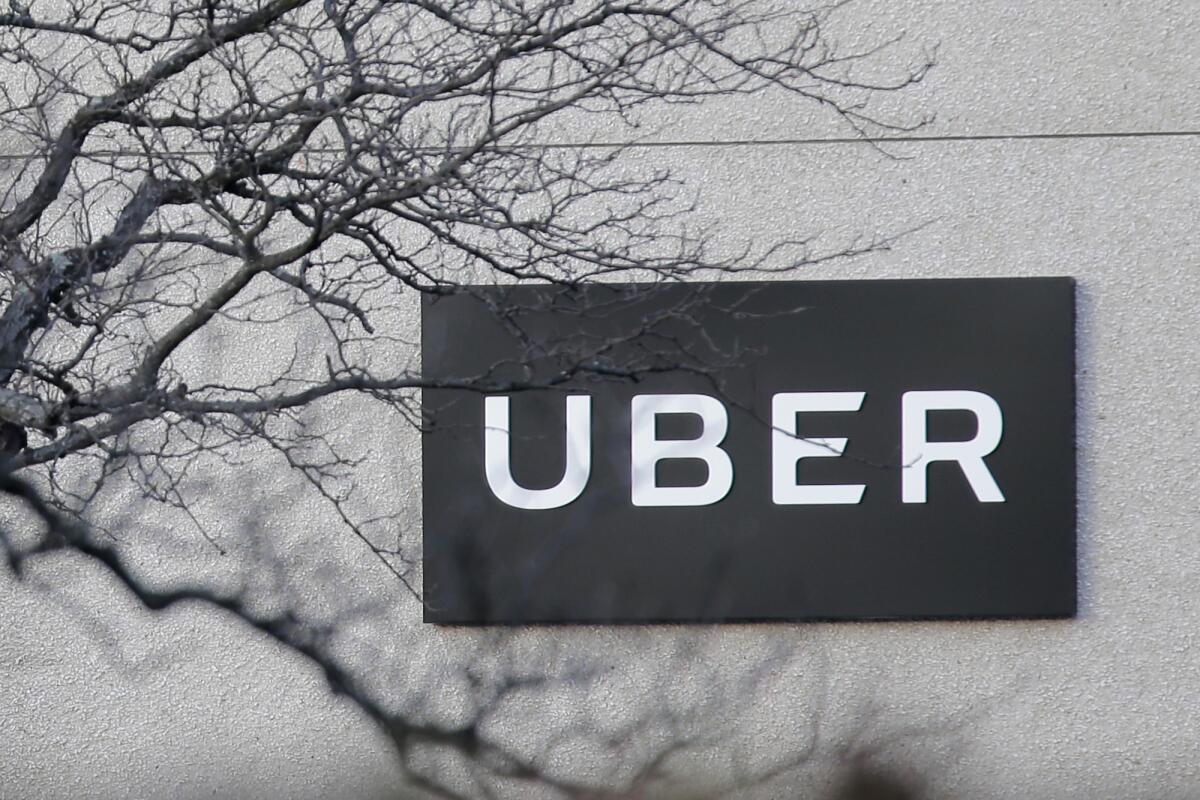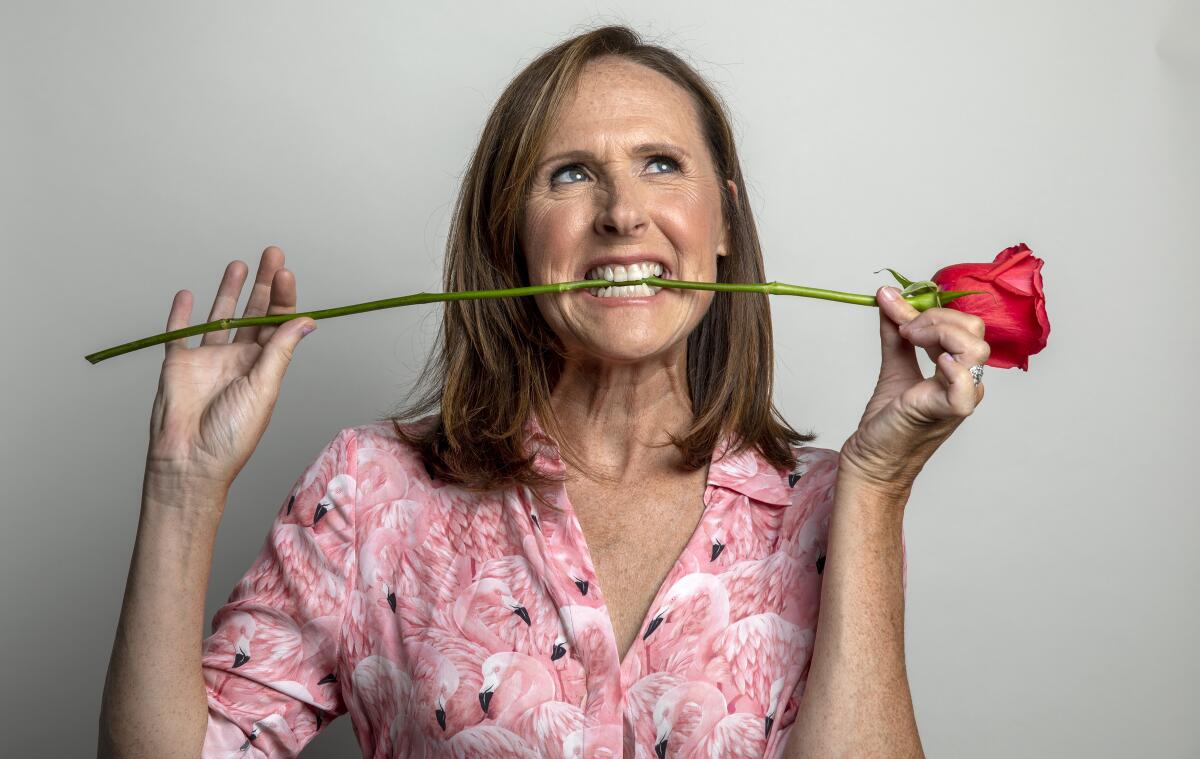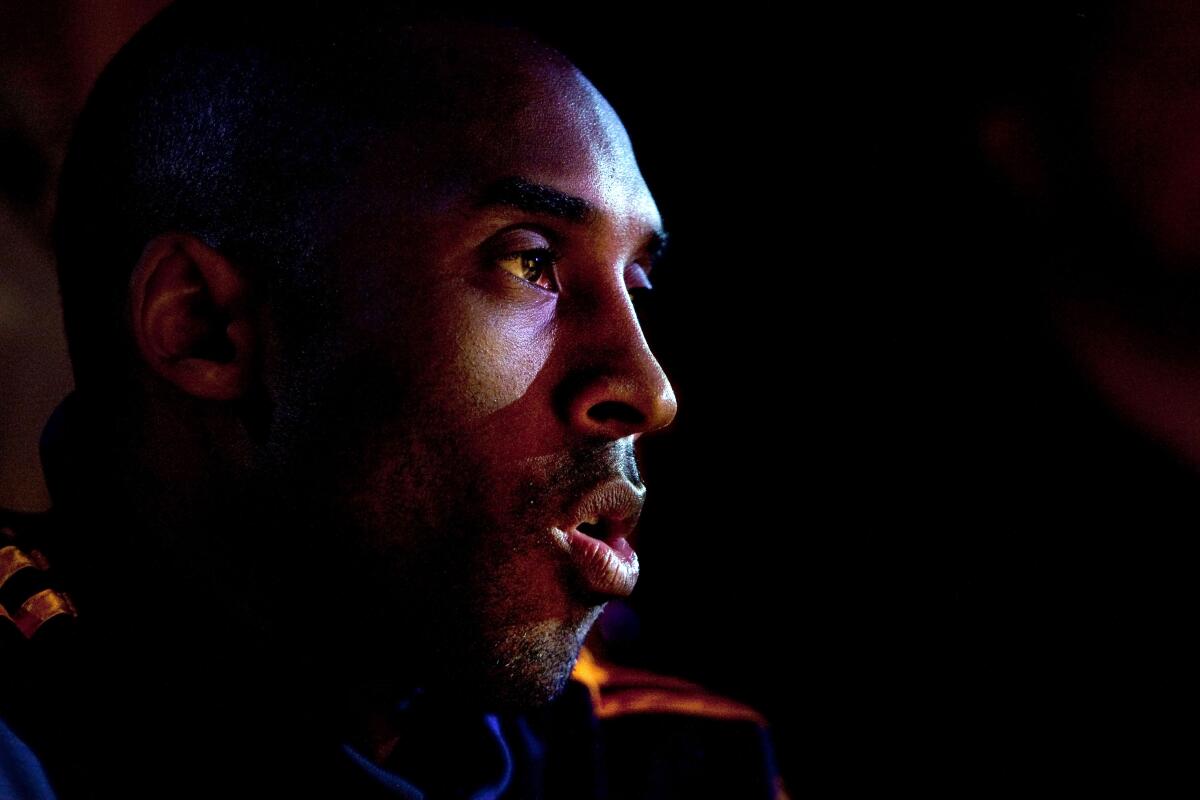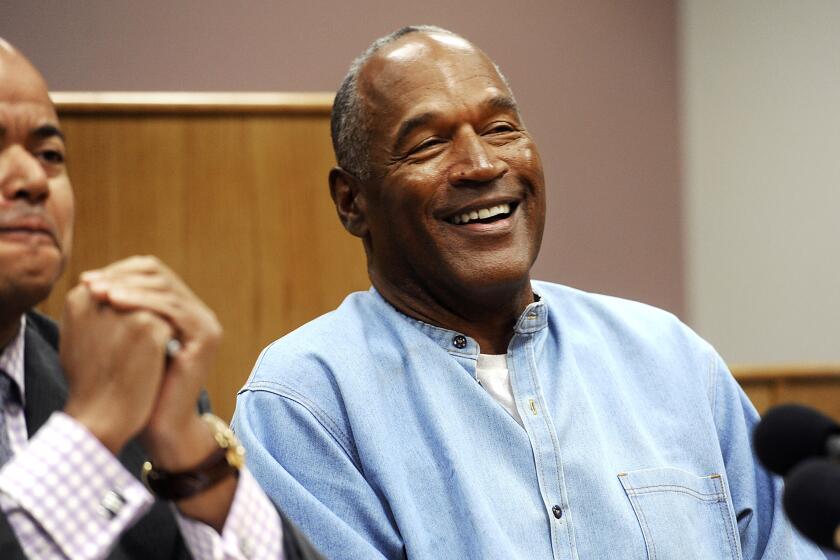Prop. 22 is ruled unconstitutional: What it means, how apps reacted and what happens next

Good morning, and welcome to the Essential California newsletter. It’s Monday, August 23. I’m Justin Ray.
The Proposition 22 saga is worth exploring.
Gig economy companies like Uber, Lyft, DoorDash and Instacart got their way when the ballot initiative they bankrolled was approved by California voters last year. The law allowed companies to classify their workers as independent contractors — not employees.
Uber and other gig economy companies spent more than $220 million in the nation’s costliest ballot initiative campaign. Californians overwhelmingly approved the ballot measure by 58% in the November election.
But drivers and the Service Employees International Union filed a lawsuit questioning the constitutionality of the law. And Friday, a state Superior Court judge ruled it unconstitutional and unenforceable. The ruling comes at a time when the companies are battling efforts in Massachusetts and other states to classify their workers as employees rather than independent contractors.
“They tried to boost their profits by undermining democracy and the state Constitution,” said Bob Schoonover, president of SEIU California State Council, in applauding the ruling. “For two years, drivers have been saying that democracy cannot be bought. And today’s decision shows they were right.”
Here’s what you should know about the decision:
Why was it ruled unconstitutional?
Alameda County Superior Court Judge Frank Roesch determined that Prop. 22 infringes on the power the state Constitution explicitly granted to the California Legislature to regulate compensation for workers’ injuries. Also, by adding language aimed at preventing drivers from unionizing , the ballot measure also violates a constitutional provision that requires laws and initiatives to be limited to a single subject, Roesch ruled.
Proposition 22 claims to protect Californians who choose to work as independent contractors, but it also “obliquely and indirectly” prevents them from bargaining collectively, the decision said. That prohibition “appears only to protect the economic interests of the network companies in having a divided, un-unionized workforce, which is not a stated goal of the legislation,” Roesch said.
How did ride-sharing apps react?
Ride-hailing company Uber vowed to appeal. “This ruling ignores the will of the overwhelming majority of California voters and defies both logic and the law,” said Uber spokesperson Noah Edwardsen. “We will appeal and we expect to win.”
Geoff Vetter, a spokesman for the Protect App-Based Drivers & Services coalition, formed by the companies to lead the pro-Proposition 22 campaign last year, called the decision “outrageous” and “an affront to the overwhelming majority of California voters who passed Prop. 22.”
What happens next?
Since a ballot initiative cannot be amended after it is passed by voters, any unconstitutional provision renders it unenforceable. But UC Berkeley law scholar Catherine Fisk, who filed an amicus brief in the case on behalf of the plaintiffs, said the companies could win a stay on the judge’s ruling in the next two weeks. After consideration by the state court of appeals, it will eventually be decided by the California Supreme Court, she said, adding that the process could take a year.
That was a quick recap, but there’s a lot more in our full story.
And now, here’s what’s happening across California:
Note: Some of the sites we link to may limit the number of stories you can access without subscribing.
L.A. STORIES
Molly Shannon talked to The Times from her Los Angeles backyard about a tragedy that shaped her: the deaths of her mother, younger sister and cousin in a car accident when she was 4. The comedian opened up about the experience, speaking for the first time publicly about some of the problems she faced while coping after the incident: “The life that we left was not the same life we were coming back into. It just felt like everything was different.” Los Angeles Times

Our daily news podcast
If you’re a fan of this newsletter, you’ll probably love our new daily podcast, “The Times,” hosted by columnist Gustavo Arellano, along with reporters from across our newsroom. Every weekday, it takes you beyond the headlines. Subscribe on Apple Podcasts and follow on Spotify.
POLITICS AND GOVERNMENT
Why is Los Angeles waiting to enforce COVID-19 vaccination mandates? On Aug. 3, New York City announced that people wishing to dine indoors at a restaurant, go to a gym, catch a concert or take in a Broadway show would need to show proof of at least one dose of the COVID-19 vaccine. San Francisco and New Orleans were next to adopt mandatory vaccination. While other cities already have their measures in place or are about to deploy them, Los Angeles sits on the front end of what appears will be a drawn-out process of enacting a similar order. Capital and Main
Newsom could be replaced by candidate with far fewer votes. For weeks, legal scholars have debated whether the recall election of Gov. Gavin Newsom could be found unconstitutional if he was ousted by a candidate who received fewer votes than he garnered favoring keeping him in office. Although it’s impossible to predict how courts will rule, many experts say the current recall process has long survived legal challenges, and probably would again, even if a fringe candidate won Sept. 14 and became governor with a minority of overall votes. Los Angeles Times
CRIME AND COURTS
Convicted rapist slated to be released, causing outcry. Michael Cheek, 69, of Concord, was convicted of abducting and raping a 21-year-old-woman in 1980. The next year, Cheek escaped from custody in Contra Costa County and raped a 15-year-old girl at gunpoint. Cheek has completed serving his prison sentence and authorities now plan to place him in a home in Bonny Doon northwest of the city of Santa Cruz. “We have six kids. And they want to put a rapist next door,” said father Joe Brennan. KRON4
Man accused of assaulting Oakland Chinatown leader faces trial Aug. 30. The high-profile case of a man accused of committing an anti-Asian hate crime near Oakland’s Chinatown will go to trial in 10 days. The defendant, 25-year-old James Lee Ramsey, is accused of hitting 62-year-old Carl Chan in the back of the head while uttering a racial slur. The incident comes as the problem of crime and violence against Asian people increases in the U.S. Oaklandside
Support our journalism
HEALTH AND THE ENVIRONMENT
Some ecologists say that logging, thinning and other fire suppression tactics that may have worked in the past are no longer useful in an era of ever hotter, larger and more frequent wildfires. “The fact is that forest management is not stopping weather- and climate-driven fires,” said Chad Hanson, a forest and fire ecologist and the president of the John Muir Project. But reimagining well-worn approaches to forest management will require a reckoning with what is and isn’t working amid the state’s shifting landscape. In lieu of focusing funds and resources on fuel treatment, Hanson and other ecologists have said the onus should shift toward home hardening and community protection. Los Angeles Times
When is COVID testing free? Demand for COVID-19 testing in California is increasing as the Delta variant spreads. Testing should be free for individuals at COVID-19 testing sites licensed in California, but some people have had to pay for it. KCRA 3 reached out to several California state and local agencies, major health insurance companies and Covered California to get the facts. Here’s what you should know to ensure that getting tested for COVID-19 to help keep yourself and the community safe doesn’t burn a hole in your wallet. KCRA
Free online games
Get our free daily crossword puzzle, sudoku, word search and arcade games in our new game center at latimes.com/games.
CALIFORNIA ALMANAC
Los Angeles: We have had some chilly days. Make some hot cocoa! 79. San Diego: 76. San Francisco: Heat up some tea! 66. San Jose: 77. Fresno: 94. Sacramento: 85.
AND FINALLY
A very big birthday: Kobe Bryant was born Aug. 23, 1978. I thought I would highlight some of our past coverage of the Lakers legend.
- Here is a gallery of his life and career, including the day he was acquired by the Lakers; a moment with Shaquille O’Neal after the pair won their first title together in the 2000 NBA Finals, and a performance at the House of Blues in West Hollywood.
- Lakers beat writer Dan Woike explains how Bryant influenced the next generation of NBA stars: “The modern NBA is littered with players who either wanted to be just like Bryant or who were influenced by players who wanted to be just like Bryant.”
- We published an interactive timeline laying out Bryant’s rise to stardom, as well as his induction into the Naismith Memorial Basketball Hall of Fame.

If you have a memory or story about the Golden State, share it with us. (Please keep your story to 100 words.)
Please let us know what we can do to make this newsletter more useful to you. Send comments to essentialcalifornia@latimes.com.
Start your day right
Sign up for Essential California for news, features and recommendations from the L.A. Times and beyond in your inbox six days a week.
You may occasionally receive promotional content from the Los Angeles Times.




